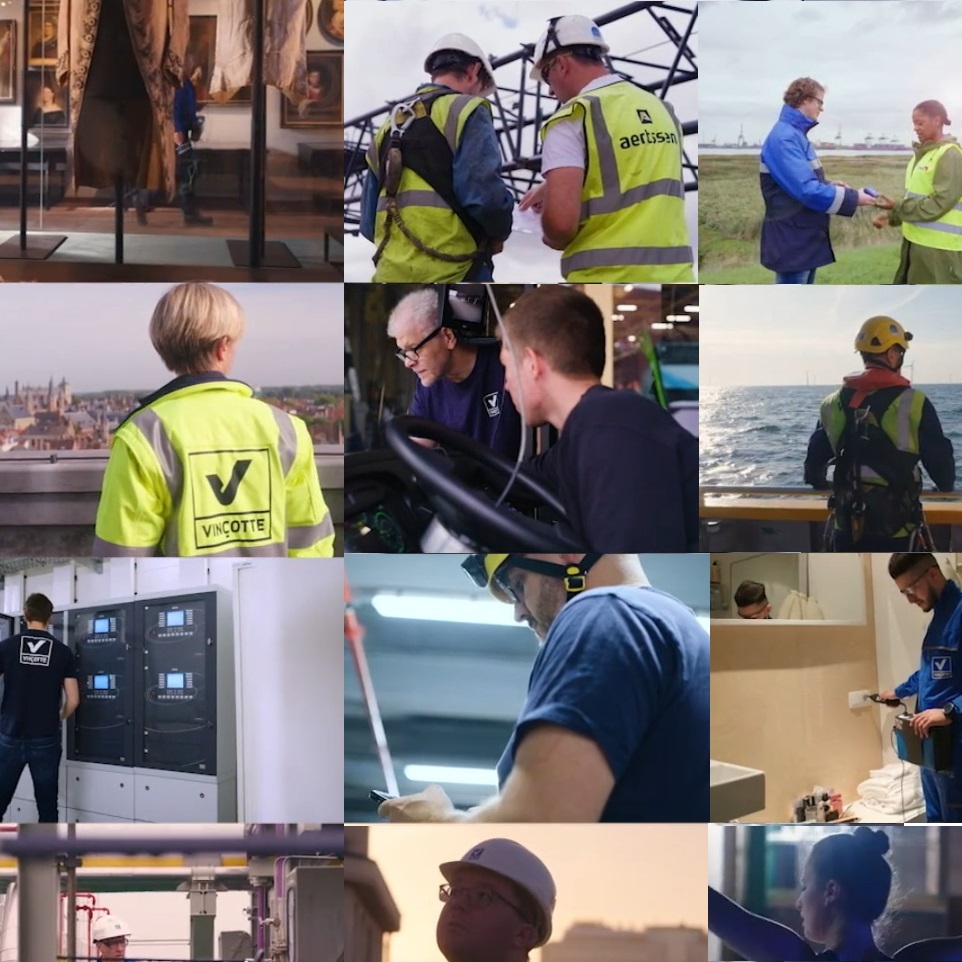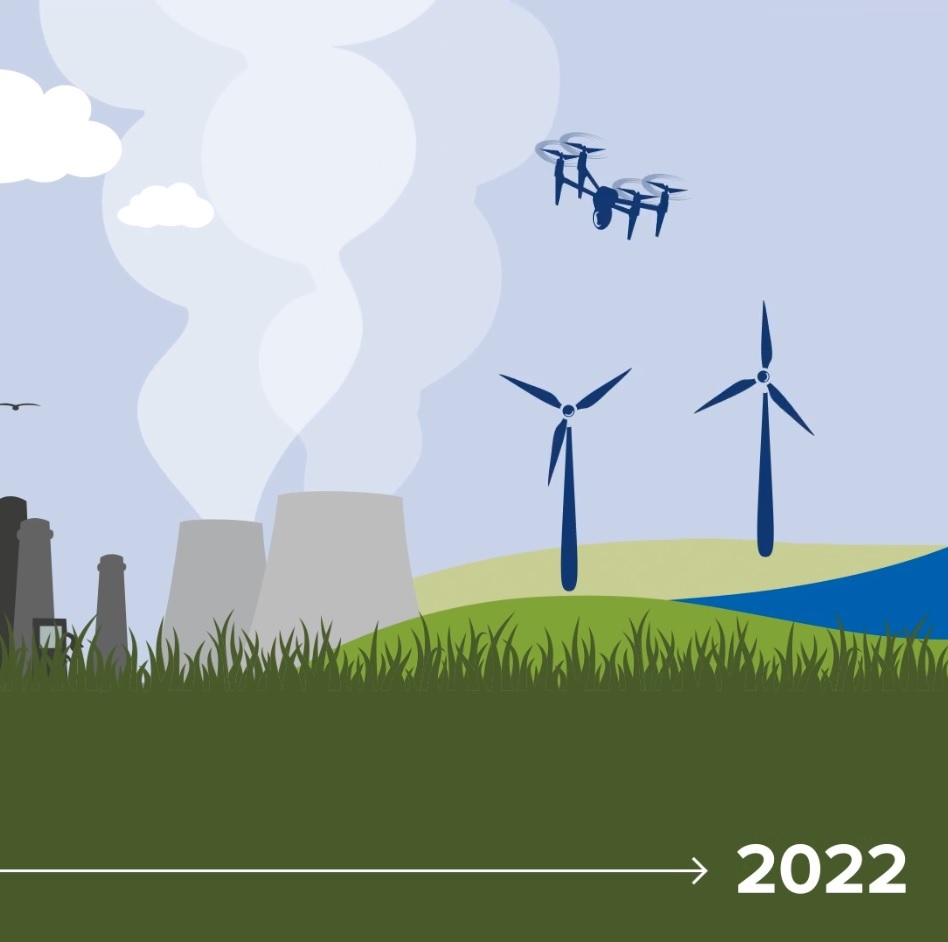Vinçotte news blog
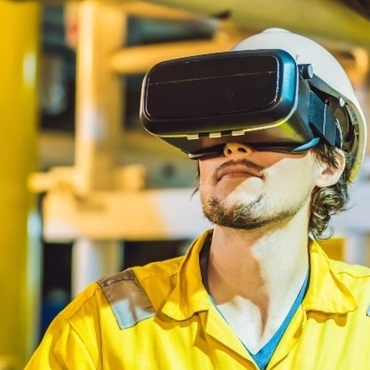
Technology is rapidly improving the way we work. Using augmented reality, mixed reality and virtual reality, Kiwa is taking big strides forward in the quality, accessibility, ease and efficiency of its services – not only in audits and monitoring, but also in education and training.
Read more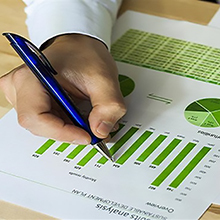
Air Liquide produces a wide range of gases for various industrial sectors such as the steel industry, the chemical industry, the food industry, etc.
Read more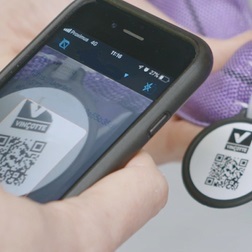
There are few sectors where as many audits take place as in the pharmaceutical sector. This is also the case at Janssen with both internal and external audits. In fact, auditors are almost constantly present at the various sites. An audit often involves requesting inspection reports of assets and examining asset management processes. This is why Janssen decided to implement Vinçotte Digi-Tags.
Read more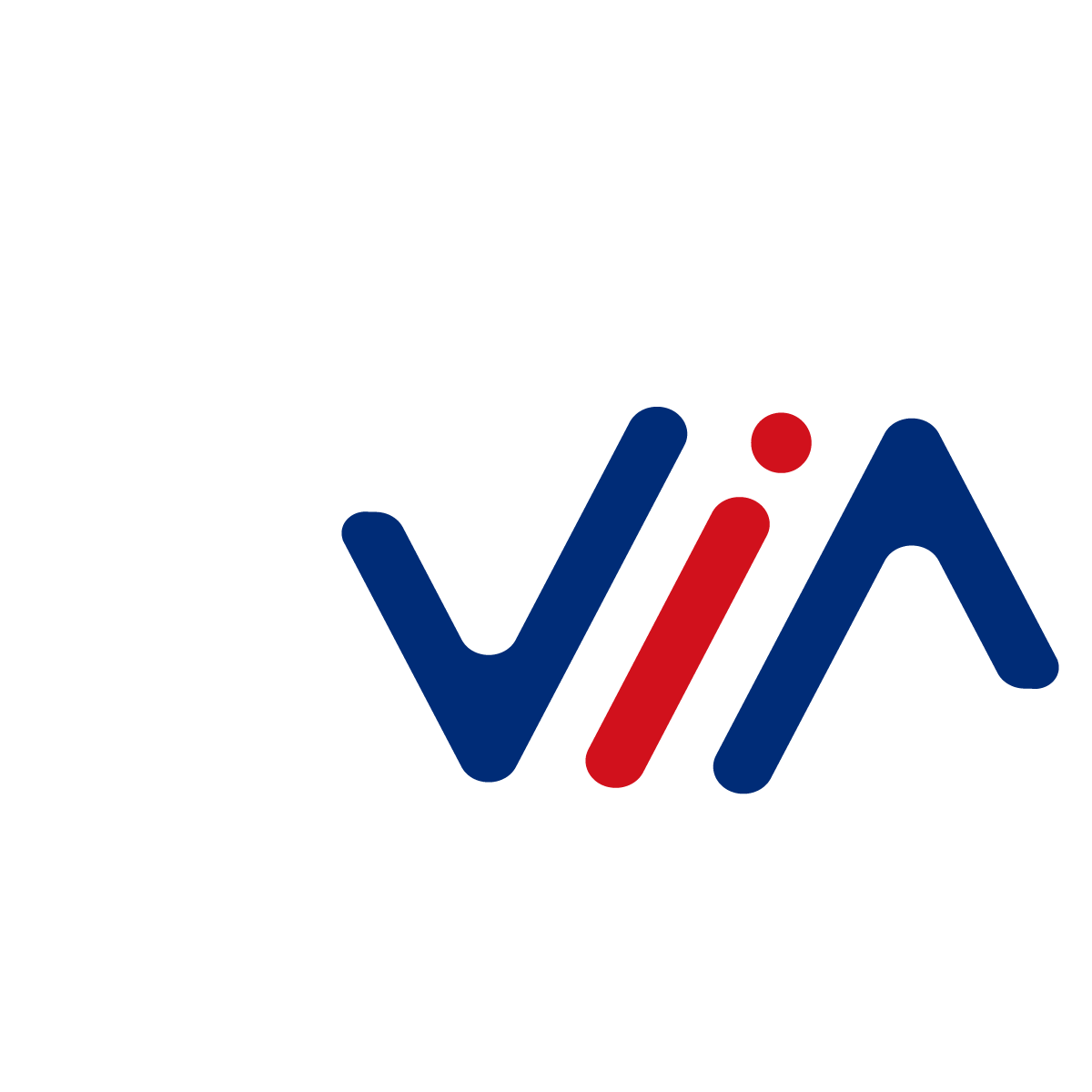
Advanced inspection techniques and Remote visual inspection (RVI) techniques such as drones & robots produce a large amount of data. By creating a digital twin of your critical equipment, incorporating a digital inspection plan, enabling advanced & less intrusive inspection techniques Vinçotte changed the vision on testing and inspections.
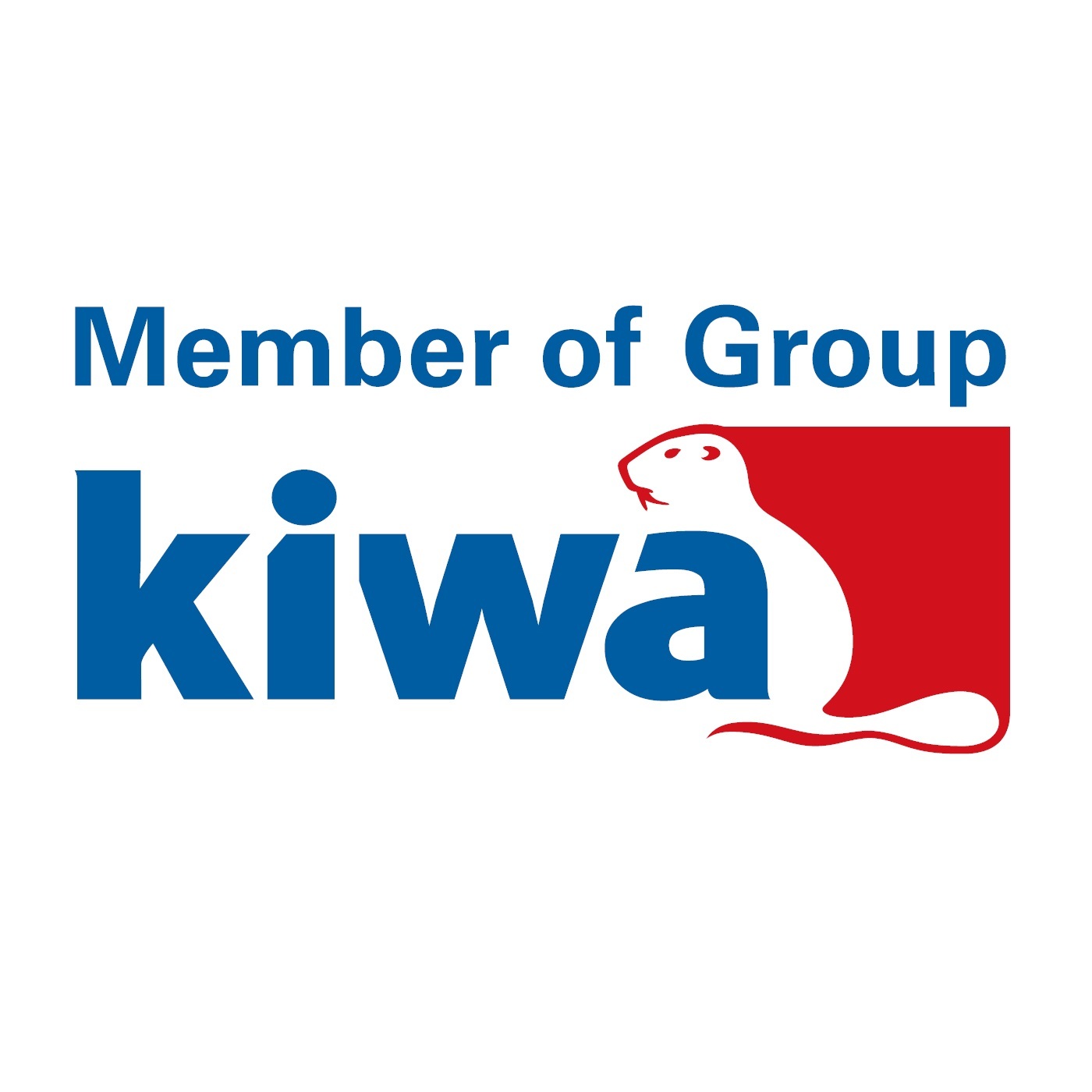
Now that the Belgian competition authorities have given their approval, Vinçotte is officially part of the Kiwa group.
Read more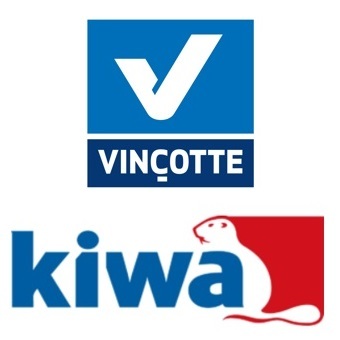
PRESS RELEASE, 1 december 2021 - Employees at Vinçotte and Kiwa were informed this morning about the decision reached by both companies to merge. By joining forces, Kiwa and Vinçotte will be able to confidently move towards creating a one-stop-shop for testing, inspection and certification services (TIC) that will be able to support clients across the world with a wider range of services.
Read more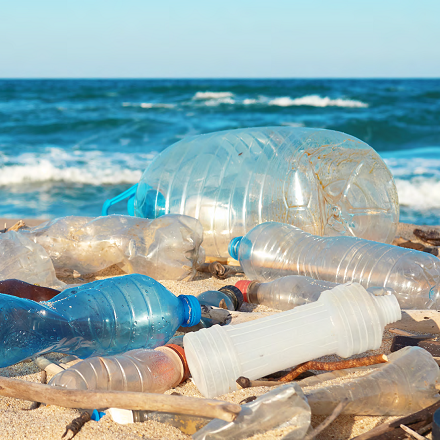
Today, it is estimated that close to 150 million tonnes of plastic are in the ocean. This number is only predicted to increase in the coming decades, even overtaking the biomass of fish by 2050. As plastic breaks down and penetrates living organisms, it disrupts their natural cycles… and also ends up on our plates.
As for the billions of tonnes of plastic remaining on land, a mere 7 to 10% are being recycled1. The rest ends up in massive landfills, pollutes the soils, or is burned – releasing dangerous toxins into the air and contributing to greenhouse gas emissions.
Read more

